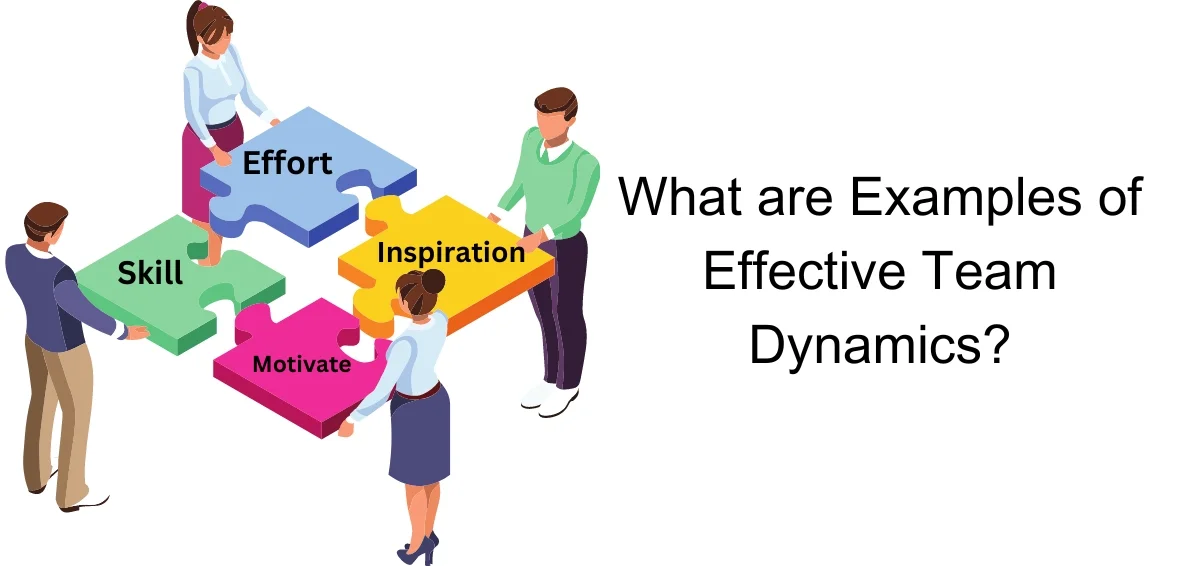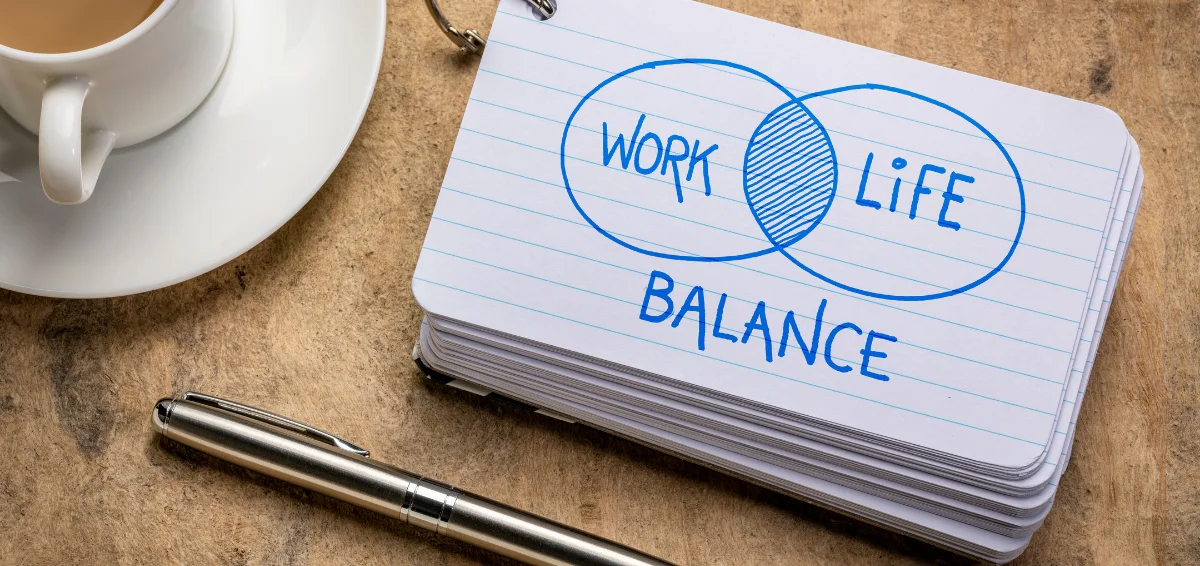
The job market of the 21st century is highly competitive. You must have a mix of skills if you want to achieve long-term career success. These in-demand skills consist of people skills, work-specific knowledge, and many more things. It doesn’t matter whether you are just starting or have worked half of your life. Honing workplace skills will put you ahead in a saturated job market.
Must Read:- Interpersonal vs Intrapersonal Communication
Table of contents
- 12 Essential Workplace Skills for Success
- 1. Digital Skills to Boost Efficiency
- 2. Adaptability to Move Through Uncertainty
- 3. Effective Communication for Better Results
- 4. Creativity to Work Better
- 5. Problem-Solving to Resolve Daily & Unexpected Challenges
- 6. Social Intelligence to Nurture Positive Professional Relationships
- 7. Customer Service Skills to Show Your Commitment
- 8. Showing Optimism to Tackle Complex Tasks
- 9. Leadership Skills to Achieve Goals
- 10. Attention to Detail for Flawless Task Execution
- 11. Constructive Feedback for Continuous Improvement
- 12. A Future Thinking Mindset to Achieve the Unattainable
- Concluding Words
12 Essential Workplace Skills for Success
1. Digital Skills to Boost Efficiency

Digital technologies show no sign of slowing. As a result, digital skills have become integral to any workplace. Some of the most critical ones include basic computer skills, communicating effectively via digital tools, digital marketing, and project management. These skills enhance your ability to use digital technologies. They boost your employability and help you acquire a competitive edge.
2. Adaptability to Move Through Uncertainty
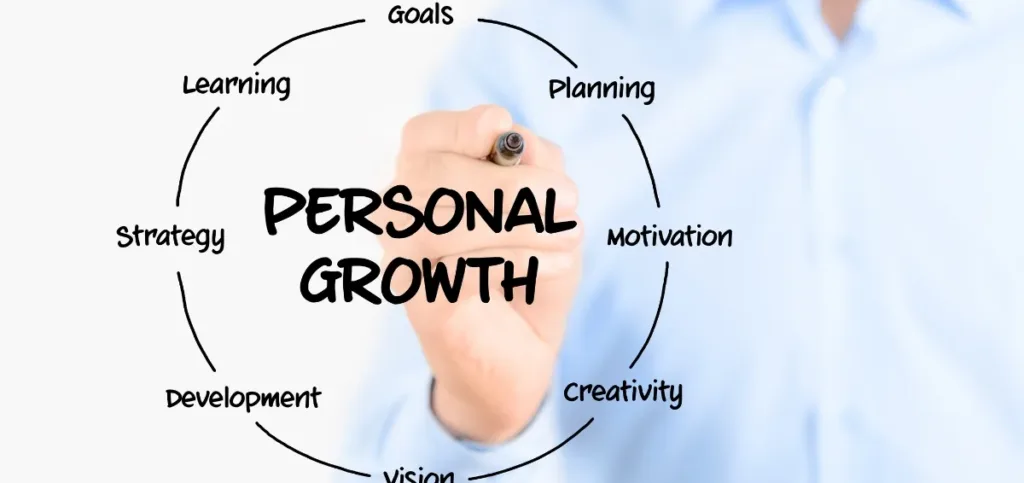
The world is constantly changing. You are expected to adapt yourself to unexpected situations. If you don’t have this ability, you cannot navigate through uncertain times.
Having adaptive skills also gives you room to find new opportunities for personal and professional growth. Here are some ways you can adjust to changes in your environment.
- Be open to new information and ask questions if you have doubts.
- Train yourself in different tools or work with your manager to find possible areas of growth.
- Join a new project to work with people with varying views.
- Keep abreast of what is new in your industry.
3. Effective Communication for Better Results
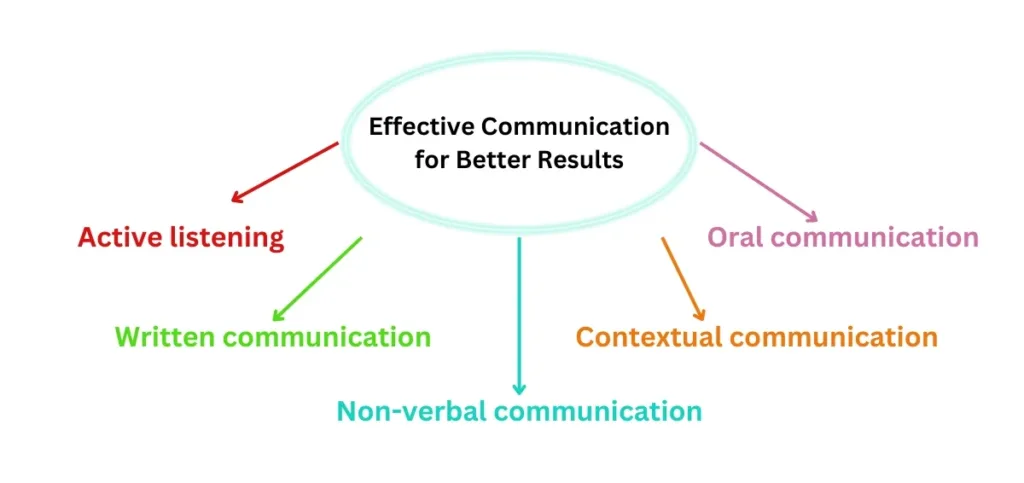
Effective communication is one of the basic workplace skills that everyone should improve. You must be an effective communicator to match the kind of communication your role demands. It can be in the form of presentations, meetings, communicating with customers, or interacting with colleagues. The better you are at expressing yourself, the more productive and engaged you are at work. Some of the key communication skills that you should improve include the following:
- Active listening
- Written communication
- Non-verbal communication using wordless cues
- Oral communication through the spoken word
- Contextual communication means communicating effectively according to situations and environments.
4. Creativity to Work Better

Creativity is one of the essential workplace skills for a resume. It shows the recruiter that you are capable of achieving meaningful results regardless of the challenges. Creative thinking also leads to better teamwork as it encourages collaboration. A creative individual is naturally curious. It stimulates your drive to learn and build ideas for long-term growth.
5. Problem-Solving to Resolve Daily & Unexpected Challenges

No job role continues smoothly all the time. Challenges, whether expected or unexpected, continue to arise at several points in time. Only those with workplace skills like problem-solving can analyze the challenges and assess them with a clear mind. This allows you to find potential solutions. Employees with problem-solving skills adapt better to their work. You can improve this skill in the following ways:
- Recognize and understand the problem
- Research the causes of the problem
- Visualize the issue through pictorial representation
- Brainstorm creative solutions
- Identify the most effective solution
6. Social Intelligence to Nurture Positive Professional Relationships

Social intelligence is one of the most critical soft skills in the workplace. It enables you to understand the feelings of others, their thought process, and their behavior. Employees with social intelligence are courageous and strive for justice in every workplace conflict. When you know how your colleagues feel, you can form meaningful professional relationships. This workplace skill also helps you strike a great first impression in meetings and interviews.
7. Customer Service Skills to Show Your Commitment
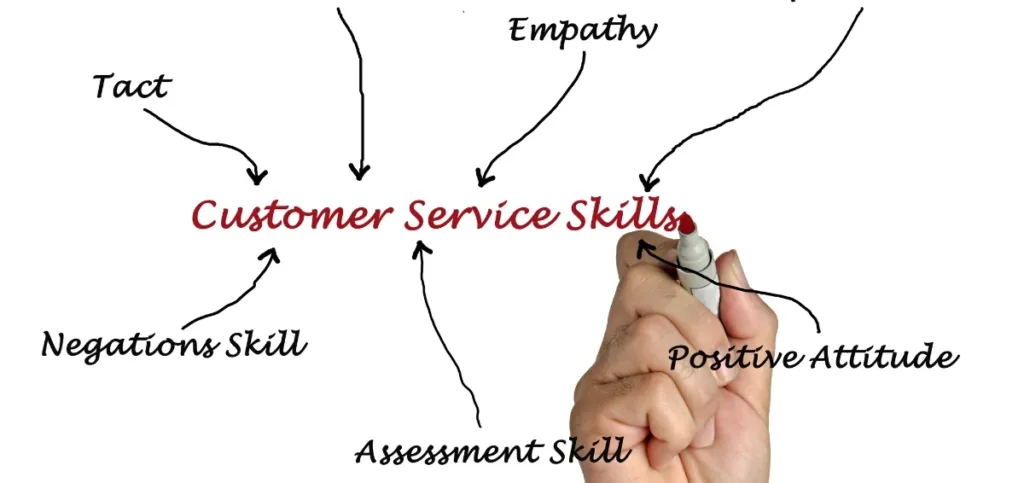
Customer service means supporting prospective and current customers. Great customer service skills from employees prevent the company from losing clients. You can enhance the experience of your customers in the following manner:
- Have personalized interactions to let customers know that you care about them.
- Have a good knowledge of the products that the customer is using.
- Offer support through those channels on which customers depend the most.
8. Showing Optimism to Tackle Complex Tasks

Keeping a positive attitude is a must if you want to be a successful employee. No employer wants candidates who lose all their motivation when times get tough. Being optimistic is one of the crucial workplace skills that helps people stand out to their employers. It prevents you from feeling frustrated and nervous and completely quitting a tough task.
9. Leadership Skills to Achieve Goals
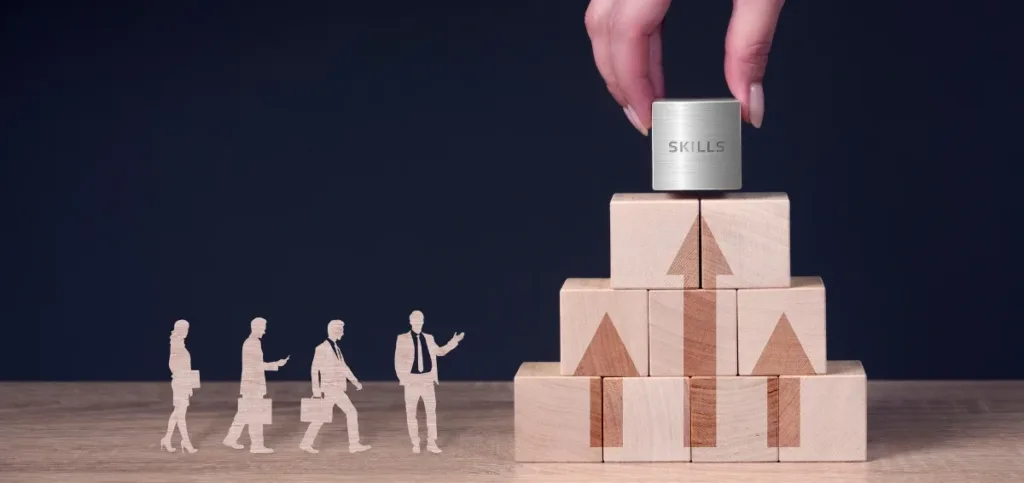
Leadership skills are essential to create an environment geared for success. Effective leadership means clear and concise communication with team members, increasing engagement among employees, and minimizing mistakes. Capable leaders proactively identify areas of improvement. They then motivate their team members to achieve the shared goals.
10. Attention to Detail for Flawless Task Execution
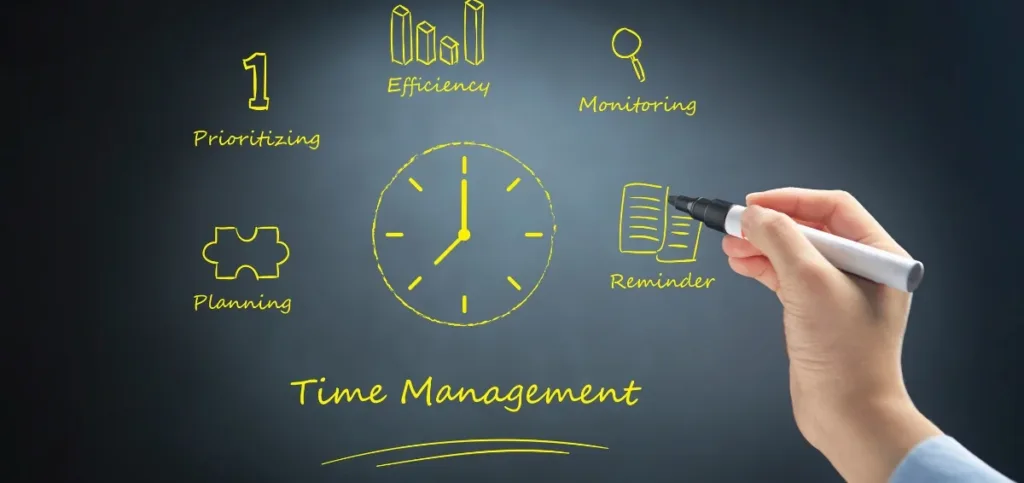
Attention to detail means that you are doing your task very carefully. It makes the result free of errors. This skill also shows employers that you are meticulous in your work. Employers value people with these skills because they do high-quality work, are efficient, and productive. Some examples of attention to detail include:
- The ability to organize the day
- Review completed work
- Keep track of things that need additional effort.
- Managing time well
Also Read: The Art of Paraverbal Communication
11. Constructive Feedback for Continuous Improvement
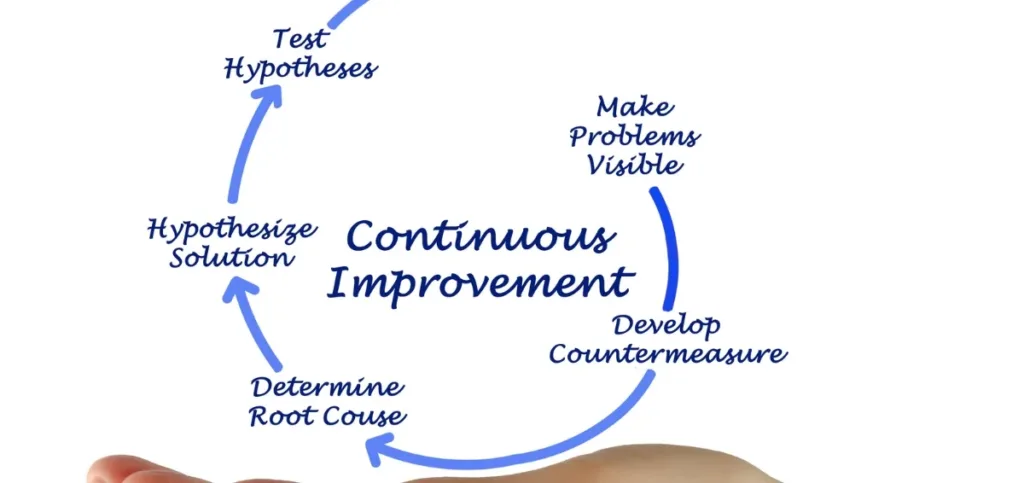
Every business seeks to outperform its competitors. To do so, it’s necessary to meet or even exceed the expectations of their customers. An important workplace skill that helps with this is constructive feedback. Employees who are open to receiving and giving feedback better understand the requirements of different projects. Their actions are aligned with the customer’s needs and requirements. All of it paves the way for better task execution and overall outcome.
12. A Future Thinking Mindset to Achieve the Unattainable
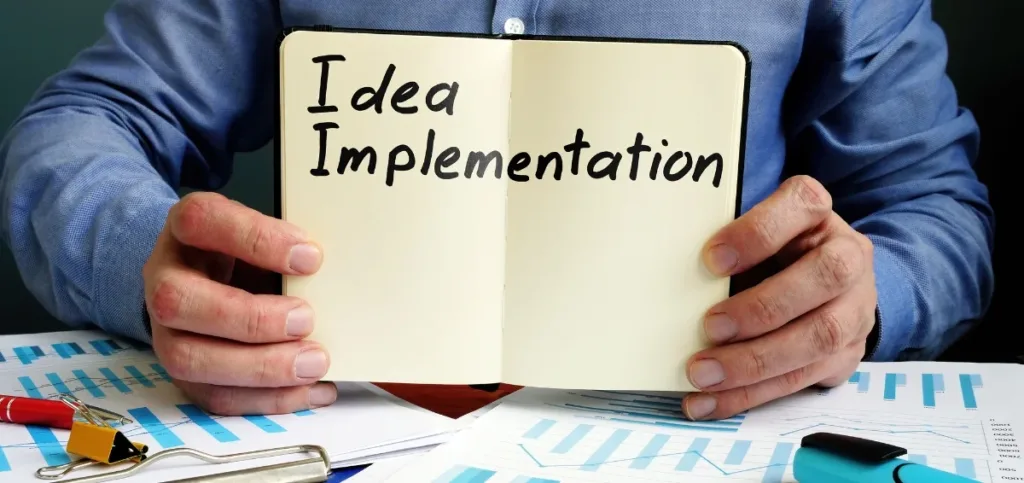
People with a futuristic thinking mindset can look past today’s events into the possibilities of tomorrow. They are active learners and are thus able to perform their tasks quickly. These people visualize new ideas about products, services, and customers of a business. Their ability to think further into the future lets them implement ideas promptly. This makes the business stay competitive in the dynamic world.
Concluding Words
In today’s brisk work environment, cultivating certain skills is key to long-lasting success. From communication and digital skills to adaptability and problem-solving, each skill helps you navigate professional challenges. As you develop these workplace skills, you not only enhance your prospects but also contribute to a great workplace culture.






